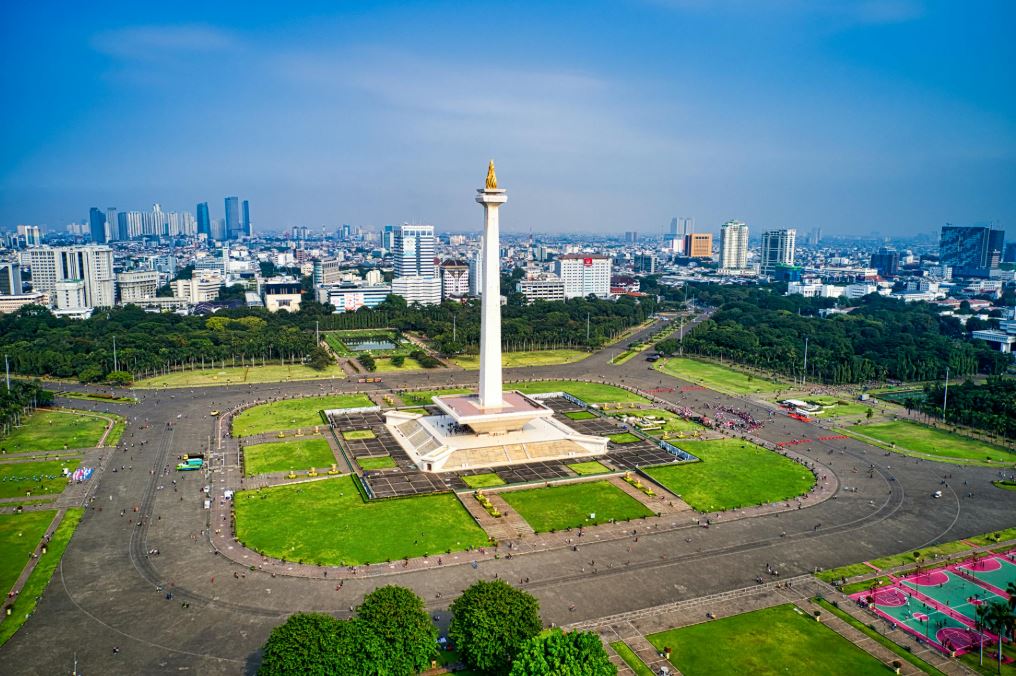Company Establishment in Jakarta
Company establishment in Jakarta is a strategic move for businesses aiming to enter Indonesia’s thriving economy. As the capital and economic hub of the country, Jakarta offers unparalleled access to government institutions, skilled labor, infrastructure, and a large consumer base. For both multinational corporations and SMEs, establishing a presence in this bustling metropolis can unlock significant growth opportunities—if done with the right approach.
Why Choose Jakarta for Company Establishment?
Jakarta is not only Indonesia’s political and administrative center but also a major economic engine driving the nation’s GDP. The city is home to top decision-makers, trade associations, and multinational headquarters. It offers a highly connected ecosystem for launching and scaling a business within Southeast Asia.
Understanding the Legal Framework for Company Establishment in Jakarta
Before initiating a company establishment in Jakarta, it’s crucial to understand the legal framework and regulatory requirements that apply to foreign and domestic investors. The most common legal entity for foreign investors is the PT PMA (Perseroan Terbatas Penanaman Modal Asing), or foreign-owned limited liability company.
Key Requirements for Foreign-Owned Companies
- Minimum two shareholders (can be individual or corporate)
- A minimum investment plan of IDR 10 billion per business classification
- A deed of establishment notarized and registered with the Ministry of Law and Human Rights
- Business Identification Number (NIB) issued through the OSS (Online Single Submission) system
- Sector-specific licenses, depending on the industry
Indonesia applies a Negative Investment List, which outlines business sectors that are restricted or closed to foreign ownership. It’s essential to check this list when planning your company activities.
Step-by-Step Process for Setting Up a Company in Jakarta
1. Determine Business Classification and Structure
Define your business line based on the Indonesian Standard Classification of Business Fields (KBLI) and choose your ownership structure.
2. Reserve Company Name and Draft Deed of Establishment
Reserve a unique company name, prepare the Articles of Association, and execute the deed before a local notary.
3. Obtain Legal Entity Status
Submit the deed to the Ministry of Law and Human Rights for approval and registration.
4. Register with OSS System
Obtain the Business Identification Number (NIB), which functions as the main business license in Indonesia.
5. Secure Additional Licenses
Depending on the sector, apply for additional licenses or permits required for operations (e.g., environmental licenses, industry permits).
6. Open a Corporate Bank Account and Set Up Tax ID
Once legally registered, open a local bank account and obtain a Taxpayer Identification Number (NPWP) from the tax office.
7. Recruit Staff and Set Up Payroll
Hiring local employees may require registration with BPJS (Indonesia’s social security agency) and setting up HR systems.
Benefits of Establishing a Company in Jakarta
There are several strategic advantages to choosing Jakarta for your business incorporation:
- Market Access: Jakarta provides access to a consumer market of over 10 million people locally, and over 270 million nationally.
- Talent Pool: The city hosts top universities and vocational institutions, producing a skilled and diverse workforce.
- Infrastructure: Jakarta is a hub for logistics, with highways, ports, and Soekarno-Hatta International Airport nearby.
- Networking Opportunities: Close proximity to chambers of commerce, embassies, and trade associations enhances opportunities for partnerships.
- Government Access: Being near key government bodies helps in smoother licensing, lobbying, and regulatory compliance.
Challenges to Consider
While company establishment in Jakarta is highly rewarding, it also comes with challenges:
- Bureaucratic complexity: Licensing and regulatory processes can be time-consuming.
- Language and cultural barriers: Business negotiations and documentation often require Bahasa Indonesia proficiency.
- Infrastructure issues: While improving, traffic and logistical inefficiencies can impact operations.
- Changing regulations: Businesses must stay updated on evolving tax and labor laws.
These challenges can be effectively managed by partnering with a local consulting firm experienced in navigating Indonesian regulations.
How Double M Can Help with Company Establishment in Jakarta
At Double M, we specialize in helping foreign companies establish their presence in Jakarta and other parts of Indonesia. Our services include:
- Business advisory and feasibility assessment
- Company incorporation (PT PMA and local entities)
- Legal document preparation and licensing
- Liaison with government authorities
- Accounting, payroll, and tax compliance support
By handling the end-to-end process, we ensure that your entry into Jakarta’s market is smooth, compliant, and strategically sound.
Planning for Long-Term Growth
Establishing a company is just the first step. To thrive in Jakarta, companies should invest in long-term planning, including:
- Local talent development
- Regulatory compliance systems
- Scalable digital infrastructure
- Strategic partnerships and networking
With the right foundation, your company can not only succeed in Jakarta but use it as a springboard to expand across the ASEAN region.


